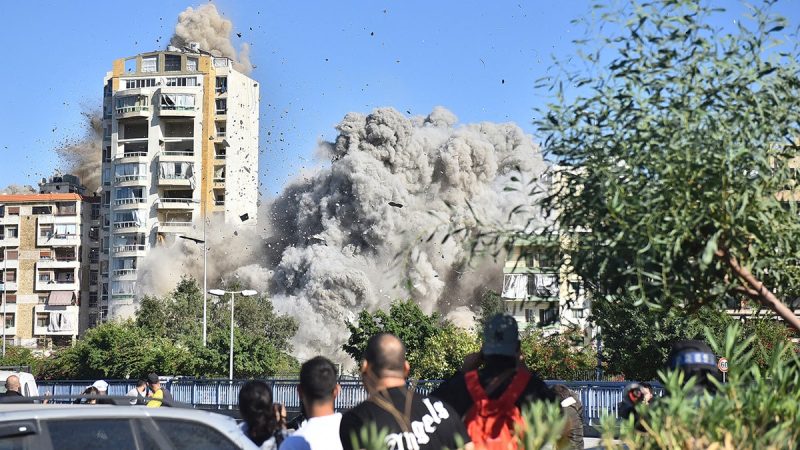In a recent statement, U.S. Secretary of State Antony Blinken expressed concern over the possibility of Israel leading a prolonged military campaign against Hezbollah in Lebanon. Blinken emphasized the importance of seeking diplomatic solutions and avoiding escalation that could exacerbate tensions in the already volatile region.
Historically, Israel and Hezbollah have been long-standing adversaries engaged in sporadic confrontations over the years. The recent escalation in rhetoric and military posturing has raised concerns about the potential for a full-blown conflict that could have devastating consequences for both sides and the broader region.
Israel perceives Hezbollah as a significant security threat due to its formidable military capabilities and ties to Iran. Hezbollah, on the other hand, views Israel as a hostile neighbor and continues to arm itself in preparation for any future conflict. The ongoing proxy wars and regional power struggles have only added to the complexity of the situation, making it challenging to find a sustainable resolution.
Blinken’s warning to Israel underscores the need for restraint and caution in dealing with the Hezbollah issue. A protracted military campaign could lead to civilian casualties, further instability in Lebanon, and broader regional ramifications. The Secretary of State’s emphasis on diplomacy and de-escalation reflects a commitment to preserving peace and avoiding unnecessary conflict in the Middle East.
Furthermore, Blinken’s statement serves as a reminder of the United States’ role as a mediator and supporter of peace efforts in the region. By urging Israel to consider alternative approaches to addressing its security concerns, the U.S. seeks to prevent a dangerous escalation that could spiral out of control.
Ultimately, the situation between Israel and Hezbollah remains delicate, requiring careful navigation and strategic decision-making. The international community, including the United States, must continue to engage with all parties involved to facilitate dialogue, reduce tensions, and promote peaceful resolutions to longstanding conflicts.
In conclusion, Blinken’s warning to Israel highlights the need for a measured and calculated approach to dealing with the Hezbollah issue. By prioritizing diplomacy and conflict resolution over military escalation, the hope is to prevent further instability and bloodshed in the already troubled Middle East. Only through dialogue, cooperation, and mutual respect can lasting peace be achieved in the region.




























